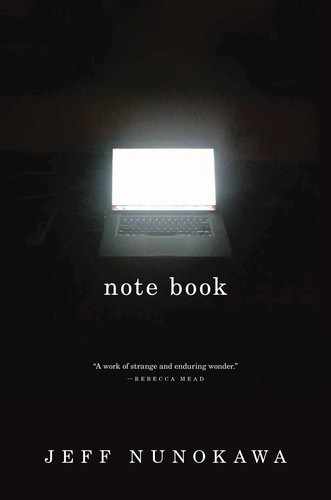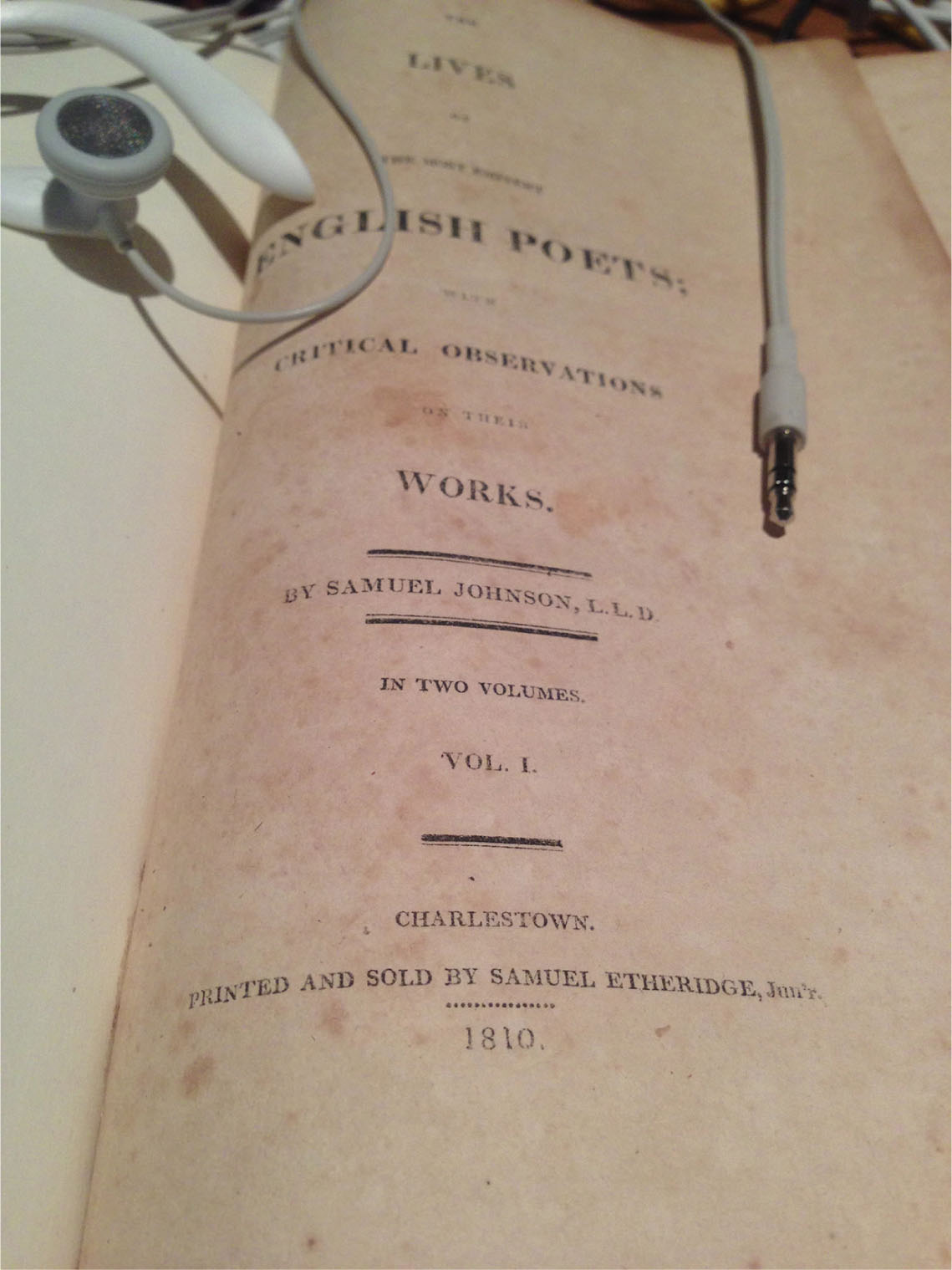4415. Of Bragging
According to a friend, Lord Byron loved to brag, even about his accomplishments in areas of endeavor where his clubbed foot would have prevented him from going very far:
He bragged, too, of his prowess in riding, boxing, fencing, and even walking: but to excel in these things feet are as necessary as hands. (His Very Self and Voice: Collected Conversations of Lord Byron, ed. Ernest J. Lovell Jr.)
Speaking of what’s necessary, I guess we’re all wounded and wanting enough to need to brag at least little, just to make our stand, and stumble our way through life. Of course, no one wants to be thought of as a bragger—just as no one wants to be thought quite unable to score the goals that he brags about.
That would be as hard as abandoning all hope that we might ever do the things we have so far only dreamed of doing.
Note: “He’s still a little bitch!” (a Young Friend on Cristiano Ronaldo).

4417. “writing at tension’s limit”
writing at tension’s limit [escritura en el límite de la tensión]
Roberto Bolaño, “There Are No Rules” [No Hay Reglas]
It’s like driving at night on the edges of a foreign town or a foreign time where you wish you knew the language, but you don’t. You wish you knew the language, because you’re scared of what’s strange and also because you half-remember knowing it once and half-believe that if you could only knew it again, the fear that makes it so hard for you to love would disappear like a tense and fallacious border, exposed to the light of day.
Meanwhile, you keep your eye on the lines. Pretty soon the sun will come up, and it’ll be time for you to stop and rest.
Note: “When the light that’s lost within us reaches the sky” (Jackson Browne, “Before the Deluge”).
4419. “almost converted”
almost converted by [her] ardour
George Eliot, Middlemarch
Maybe the best ardours only almost convert. Maybe their best authors know that “only” by heart.
Note: “Her finely touched spirit had still its fine issues” (Middlemarch).
4420. “as if I, not they, were leaving”
Addio, one or two will say, leb’ wohl,
And press my hand as if I, not they, were leaving.
Look for us. We have chosen—no—you chose.
James Merrill, “The Opera Company”
Weeks and months go by where you feel a little lonelier with each passing Act. Is it some higher altitude, or some lowering one, that seems to thin out the atmosphere of love? Have they left you, or you left them? When did you stop believing you could know the difference? How did the Grand Life of show-and-tell and promise come to feel like someone else’s Big Reveal, spoken and sung in some romantic language, now nowhere near your own?
And you know that this feeling forlorn is partly just the season: the Season of Losses. You’re pretty sure you’ll get some of your old Play back. Maybe even some of the same stars (the ones you’ve not completely failed, the ones not faded from you, forever) will return to play their old roles—or maybe the parts of their parents. (It wouldn’t be the first time.)
Meanwhile, though, you pay your respects as best you can to what you’ve lost and what you’ve left. Whatever the cost of its admission, compared to its cost of departure, it was basically free of charge.
Note: “The point will be to close with their exact words” (“The Opera Company”).

Never mind the ridicule, never mind the defeat: up again
old heart! … there is victory yet for all justice; and the
true romance which the world exists to realize.
Emerson, “Experience”
Well, there’s no “never minding” it.
Sometimes (lots of times) you feel like a total fool, trying to imagine that things are better than they are, and thus helping to make them worse.
Sometimes (lots of times) ever louder, ever nearer, paid promulgators seem to ever more threaten to drown out your unsponsored sentiments. (How can they compete? It’s like a rowboat showing up to show up an Armada.)
Sometimes (lots of times) the Defeat feels so bad and blanketing (like a sickness that could keep you in bed forever) that standing up seems like more than you can stand.
But you get up anyway. There’s that true romance which the world you love exists to realize. There’s that victory yet for all justice. There’s that memory of your mother getting you to rise and shine, when it was still dark out, to face the day. There’s that promise you made to keep it together and keep on moving as close as you can get to some Promised Land you’ll never get to yourself. There’s that quickening sense that comes from some phrase where the forces of compassion, conviction, and command converge.
There’s that. There’s more. You look. You listen. Then you make your move.
Up.
Note: “up again old heart!” (Emerson, “Experience”).
He became, as he relates, irrevocably a poet.
Samuel Johnson, “Life of Cowley,” Lives of the English Poets
All those things you’ve said that you wish you could take back and know you never can: all those words that disconnected a conversation or destroyed a friendship or determined a divorce: all those words that brought on bitterness and blighted brightness: words that ruined the joy of love, leaving it awkward or anguished: all those words that were one or two—or two hundred—too many, or one or two—or two hundred—too few: all the indelible damage—all our woe (Milton)—done by those irrevocable words: you think they might just have been enough to make you forever hold your peace.
Listen, though. Listen: Can you hear yourself now?—turns out they were just enough to make you care more than you ever thought you could, about what you say, and how you say it.
Note:
With the farming of a verse
Make a vineyard of the curse.
(Auden for Yeats)
The inexpressible which, in seeking expression, will ultimately
burst the too fragile vessel of earthly form by the infinite
power of its being … the clarity of vision is immediately
destroyed, and all that remains is speechless wonder.
F. Creuzer, qtd. by Walter Benjamin in
The Origin of German Tragic Drama
That’s a little melodramatic for my taste. I’m more taken up by how close we earthly types, with all our showing and telling, can come to the limit of our powers of expression, and pull back before we fall off the stage and break our legs. There, we are, at the edge of what we can say (“The rest is silence.” Hamlet), our parts, props, and propositions stirred and shaken, but not shattered.
Here we are, at our words’ end, quiet and amazed at how much we have been led to describe the Deep of the Dark, without falling into it forever.
Note:
We are such stuff
As dreams are made on.
(The Tempest)

4432. “not mentioned because it is the whole of the story”
a pathos not mentioned because it is the whole of the story
William Empson, “Milton and Bentley,”
Some Versions of the Pastoral
More and more you come to know the sadness at the story’s center you never come to know.
Note: “Instead we made do with lifelong friendship” (James Merrill, A Different Person: A Memoir).
Guard our togetherness from ghostly ills.
Auden, “The Age of Anxiety”
Actually, the way I see it, our togetherness may be the only thing that doesn’t require protection from ghostly ills—the anguish of the ancestors that flares up now and then and threatens to ruin everything, like so many Biblical Plagues or Dysfunctional Relationships.
God, how long has it been since we’ve actually seen each other face to face? When will we see each other again? It doesn’t matter. You and I: we’re good, no matter what.
Pretty much one ourselves, our togetherness doesn’t need to be guarded from anything ghosts have to throw at us.
After all, we are the ghostly guard.
Note: “The sun has lost its morning brilliance … leaving an afterglow which is easier to bear” (Daphne du Maurier, Rebecca).
4434. “an agreeable melancholy”
An agreeable melancholy, which of all the dispositions
of the mind, is the best suited to love and friendship.
Hume, “Of the Delicacy of Taste and Passion”
You’re older now: somewhere along the line, you stopped regarding your truest sorrows as injuries that, by the lights of Justice (or in the dark of “just because”), others should remove—or even could.
And besides, you’re not sure you really want to part company with those sorrows—at least not forever. You remember the times when sorrow was your only real companion: times when the only thing that could console you for your sorrow was your sorrow itself.
That’s the way it always is with true friends. When you’re together, there’s no one else you’d rather be with.
There’s nowhere else you’d rather be.
Note: “the blight man was born for” (Gerard Manley Hopkins, “Spring and Fall: To a Young Child”).
4435. Books of Revelation (Class Notes)
I scarcely know how I know it. The whole train of circumstances
seemed to take fire at once, and show it to me.
Dickens, Our Mutual Friend
Most of us can tell a plot or a pretense when it crosses our path. (That accent, all that angling—you have got to be kidding! I can read you like a book!)
But there’s another book. (Sometimes they’re published together in one volume—like two cities in one tale.) It tells the story of the shaky childhood that gave the busy networker his soreness and his start. Or how about that weird-looking girl in school that none of us really noticed? (She must have had her own friends, we figured, real or imagined.) She’s in that book too—busy all the time with some bizarre job. It turns out her father was a complete alcoholic and she had to basically support him. (I guess that’s why she was such a Class A Biyaatch—impossible to be around, even when you we’re trying to be nice.) And then there was that dude (total player) nobody ever remembers seeing sober, but Saved in the End—saved by the Bell: turns out he wasn’t such a dick after all. He really loved that girl whom everyone, even his best friend, was sure he would kick to the curb at the end of the Street. (Someone we know went to the wedding.) Or how about that too-smart-for-her-own-good, sharp-tongued chick, always sullen and snarky, except when some sound of money made her go all soft? Guess what? Chick sort of became a Swan: she ended up with some shady-seeming guy who brought nothing to the table but courage and kindness.
It goes on. It gets better.
So can we.
Note: “And only then she realized that he had a name” (D. H. Lawrence, The Virgin and the Gipsy).

“They swept about me and took me up and made me light” (“Our Mutual Friend”).
Milton, Paradise Lost
Good to know: I could really use some advice but I usually avoid it when I’m awake.
Maybe the only way I can take it now is lying down.
Note: “There is no more activity than passivity” (L. Feuerbach, “On ‘The Beginning of Philosophy’ ”).
4441. Over My Head
A Sunday hush. Table uncleared. Grandmother
About to take her pill in trembling water
Cocks her head: “An angel’s passing over …”
Seeing nothing, each looks at the other.
James Merrill, “Mirabell,” The Changing Light at Sandover
In the course of clearing the table yesterday morning, to make room for the breakfast she distinctly wanted to make and that I dimly wanted to eat, my mother picked up a book and fell upon the lines that I have quoted above. “I understand that,” she said, softly and quickly, awed and augmented by testimony that spelled out what she likes to call a “feeling state,” which she (I could tell) has come recently to regard as a familiar spirit. So, you see, the angel (or what you will) passed over twice: first for a Grandmother, and then, years later, for a Mother who read over that first visit. Grandmother and Mother: they are the ones who looked at each other in the passage above. As for myself, sensing nothing overhead, what could I do but wonder from the ground at this “supernatural sympathy” (Auden) between someone quite near me and someone quite above me? Where could I be but ready to receive her when she returned to the ground a sentence later? That reminds me, I need to take my pill. Why would I admit out loud that soon enough my mother will join her ancestors, and I will be the one who stops to salute, between medications, the rumor of their trafficking above?
What can we do right now but continue to act out our daily routines? Right now, my plate’s too full with all that she has piled on it, and intends for me to clear, before either of us leaves the table.
Note: “holy hush of ancient” (Wallace Stevens, “Sunday Morning”).

